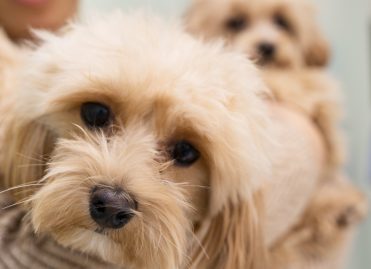Top 8 Factors for Ensuring a Happy and Healthy Pup

Bringing a puppy into your home can be the most amazing experience. A puppy helps you create some of the happiest memories throughout its first year of life. Having a happy and healthy pup is crucial for fully immersing yourself in your new responsibility and creating a wholesome family life.
There are many factors that contribute to ensuring you have a healthy and happy pup. While you shouldn’t expect to be a perfect dog owner, you can strive to do the best you possibly can for your pup.
1. Nutrition and Diet
Choosing the Right Food for Your Pup’s Size and Age: Not every pup has the same needs. Just like a human baby, a pup will start off not requiring much food before slowly progressing to a fuller diet. You can use a feeding chart from petMD or similar websites to keep track of what you’re feeding your pup.
Proper Feeding Schedules and Portion Control: Feeding your pup gives you a nice buffer period to get used to learning your pup’s eating habits and quirks, as well as getting you into the habit of watching their weight. This is the time to get to know how, what, and when your pup likes to eat.
2. Regular Exercise and Playtime
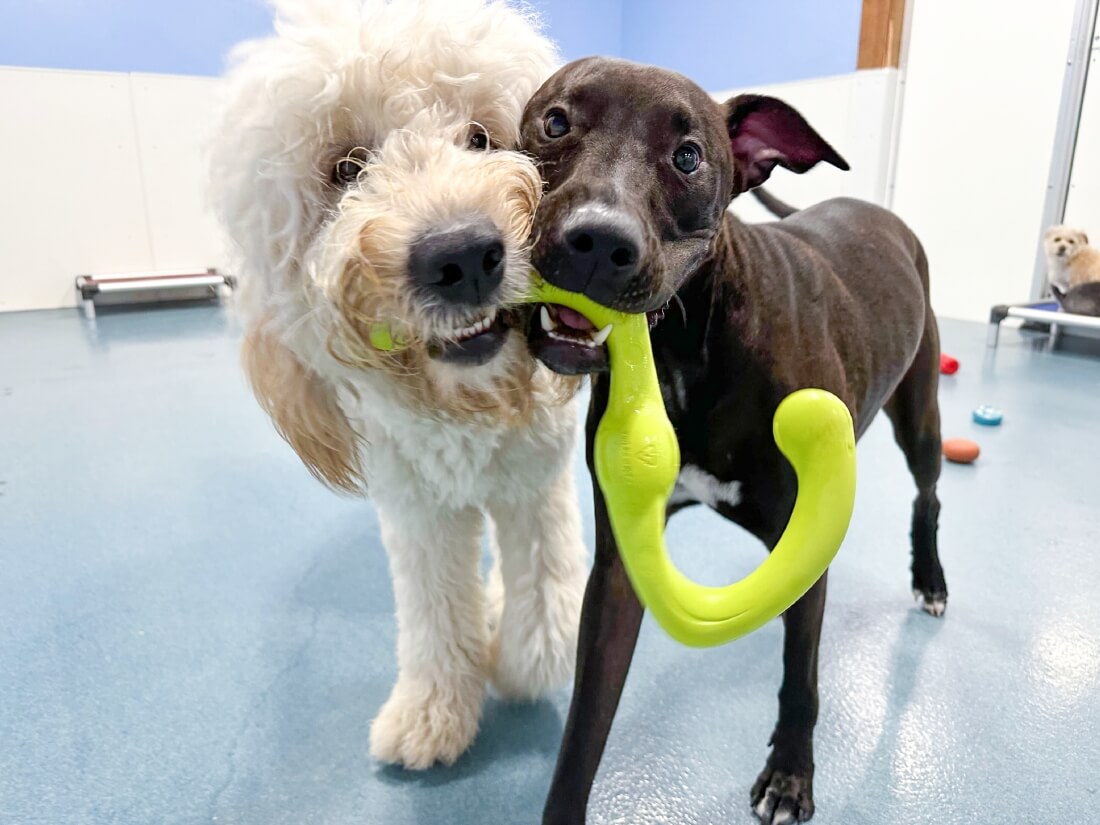
Appropriate Exercises for Different Breeds and Energy Levels: Remember to consider the specific breed you have and search for exercises tailored to that breed on the websites, YouTube channels, and social media profiles you follow. Additionally, take into account your puppy’s energy levels, which are unique and influenced by their nutrition, personality, fatigue, temperature, and various other factors.
Mental Stimulation Through Interactive Toys and Games: Providing your puppy with food and shelter alone is insufficient; you must actively engage in your puppy’s daily activities. Puppies require entertainment, much like you do. This entails offering them interactive toys and games that they can enjoy both with and without your involvement.
Socialization With Other Dogs and People: Dogs, much like humans, are social creatures. Socialization helps dogs develop good behavior and confidence, leading to a happier and more fulfilling life. Therefore, it is important for your puppy to engage in socialization with other dogs and people.
3. Preventative Health Care and Regular Checkups
Importance of Vaccinations and Parasite Prevention: Regularly taking your puppy to the veterinarian and scheduling grooming sessions as needed is an excellent way to ensure their well-being. Veterinarians and groomers may notice issues that you haven’t and assist you in addressing them. By providing your puppy with regular vaccinations and proper care, they will maintain good health.
Regular Veterinary Visits for Overall Health Assessment: Visiting the veterinarian enables a trained professional, and possibly multiple professionals, to thoroughly examine your puppy. They can identify any health issues that may go unnoticed by you and provide appropriate care.
Benefits of Spaying or Neutering Your Pup: There are multiple benefits to spaying or neutering your pups. As the ASPCA pet care page notes, about 50% of the breast tumors found in dogs are cancerous or malignant. Spaying/neutering greatly reduces the chances of breast tumors, testicular cancer, and uterine infections.
4. Training and Positive Reinforcement
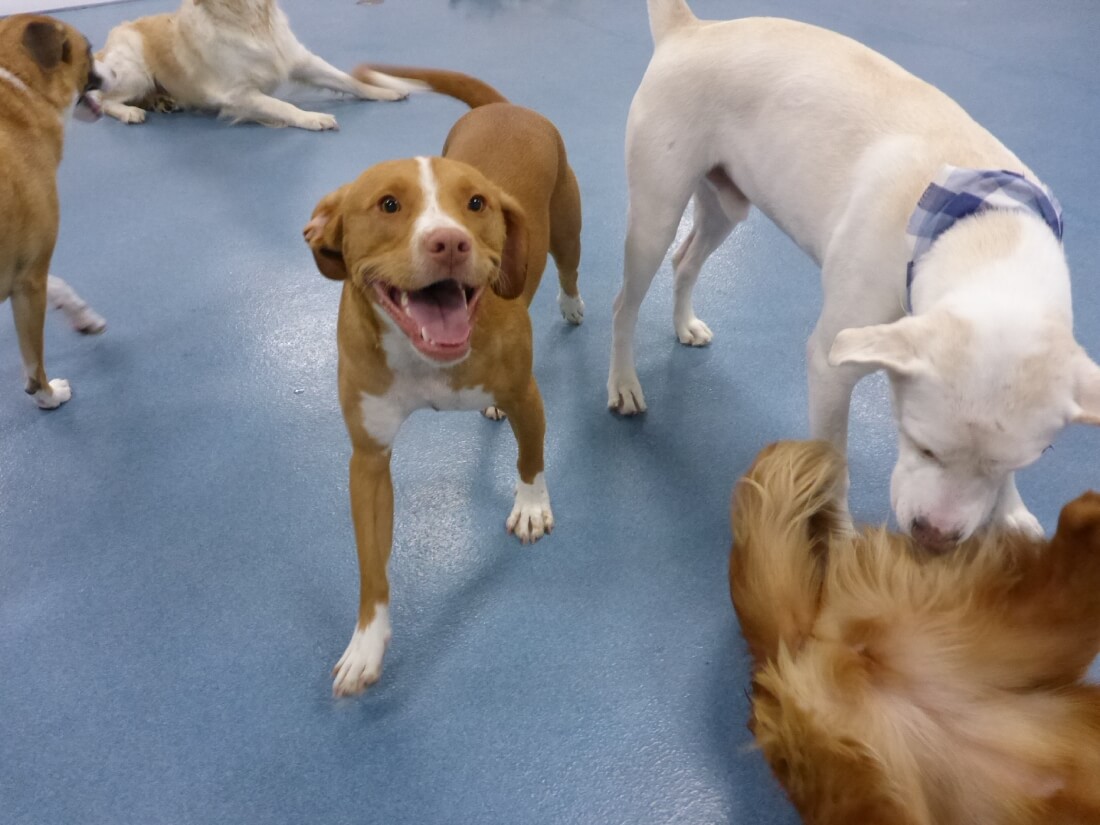
Establishing Consistent Rules and Boundaries: Puppies require consistent rules and boundaries to establish good habits that will benefit them later in life. Failure to communicate clear expectations to your puppy may result in disobedience, destructive behavior, and anxious or aggressive tendencies in your pet.
Using Reward-Based Training Techniques: Pavlov’s famous conditioning experiment was performed using a dog, as noted by SimplyPsychology. Dogs, like humans, need rewards in order to behave in a certain way. Food, affection, and toys are great reward-based training techniques to use on your pup.
Importance of Early Socialization and Puppy Classes: Bad behavior, whether stemming from excitement or aggression, often occurs when dogs have not received early socialization or attended puppy classes. It is crucial to enroll your puppy in classes and allocate time in your schedule to interact with other pet owners, providing both you and your pup with valuable social experiences.
5. Grooming and Dental Care
Regular Brushing and Bathing for a Healthy Coat and Skin: While taking your pup to the groomers is a great idea, that doesn’t mean you shouldn’t be grooming them at home; especially if they’re a breed that’s prone to skin conditions or matted dog coats.
Monitoring for Any Skin Issues or Allergies: It is important to carefully observe your puppy for any skin issues during grooming or bathing sessions. If you happen to overlook something, rest assured that a professional dog groomer or veterinarian will likely detect it during your next appointment. Additionally, keep in mind that your puppy might be susceptible to allergies, which can manifest over time as they encounter various seasons.
6. Safe and Comfortable Environment
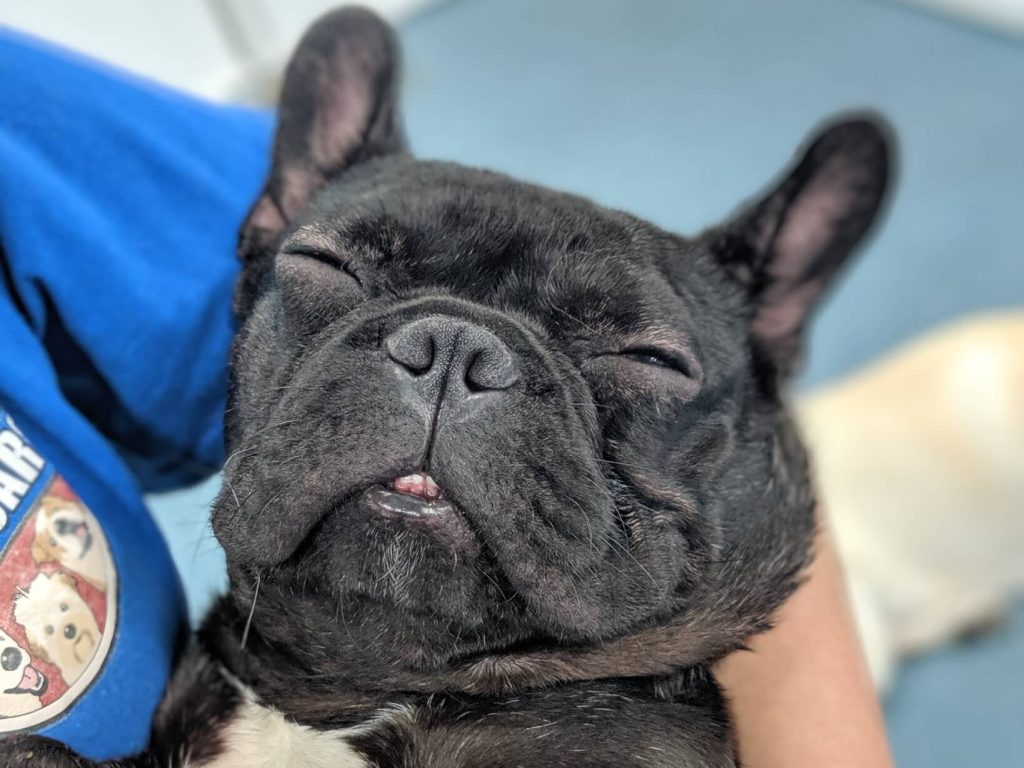
Providing a Secure and Cozy Living Space: Your puppy will provide you with unwavering love, protection, and a multitude of joyful memories. In return, all it requests is a secure and comfortable living environment where it can feel safe.
Dog-Proofing Your Home to Prevent Accidents: Dogs have a knack for getting themselves into unfortunate situations. Their curiosity or excitement can sometimes overpower them, leading to scenarios where your valuables might break and your dogs might get injured.
Addressing Separation Anxiety and Crate Training: Crate training is a great way to address separation anxiety and it allows you to slowly build up their tolerance to being apart from you for periods of time.
7. Affection and Quality Time
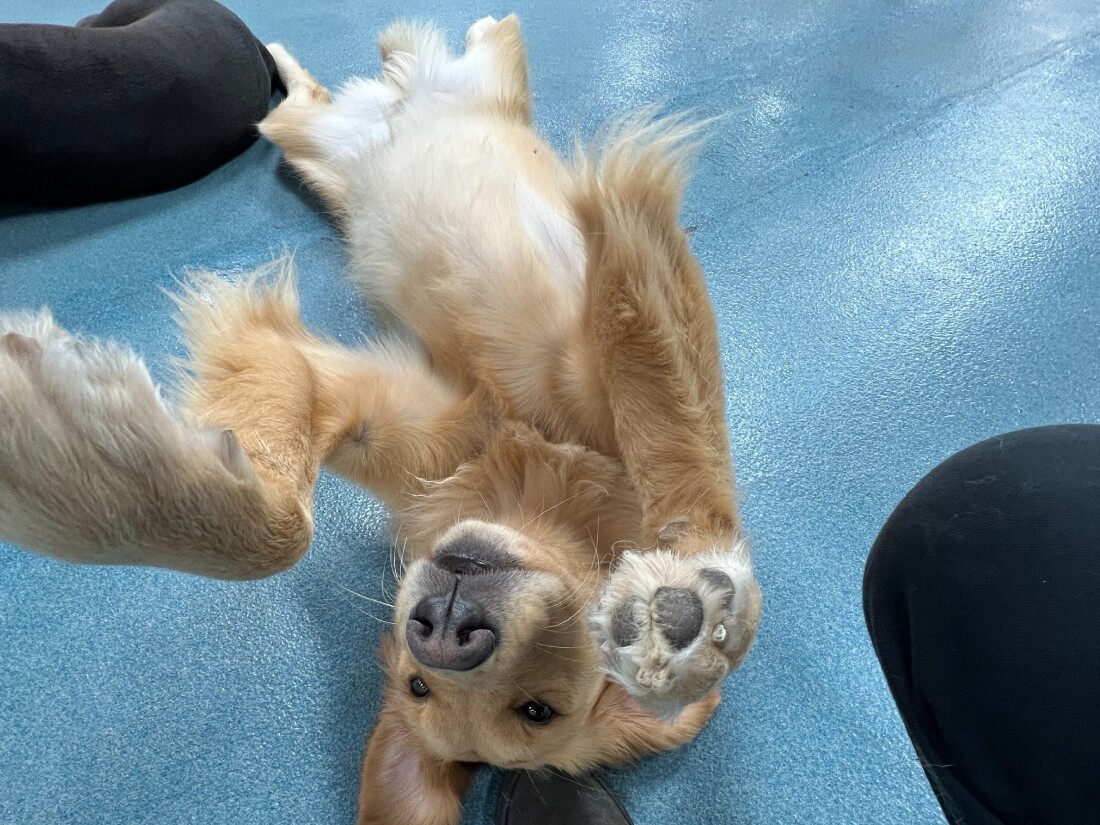
Developing a Strong Bond With Your Pup: Just like any relationship between people, you and your puppy must gradually cultivate a strong bond. Begin by spending quality time together on a regular basis, attentively acknowledging your puppy’s needs. Over time, you will naturally develop a deeper connection and understanding with them.
Importance of Spending Quality Time Together: Regardless of whether you lead a busy life or not, dedicating quality time to spend with your pup is essential for their emotional well-being and the development of a strong bond between you.
Recognizing and Responding to Your Pup’s Emotional Needs: Just like humans, your puppy has emotional needs that require attention. Merely providing food and shelter is insufficient. For instance, regular socialization with other dogs, whether at a doggy daycare or in the park, is an essential emotional need that should be fulfilled.
8. Adequate Rest and Sleep
Ensuring Your Pup Gets Enough Sleep for Growth and Development: Establishing a predictable and stable routine for the household’s waking and sleeping hours will help your pup understand what is expected of them. This will ensure they receive the necessary rest and start each day on a positive note.
Choosing the Right Bed and Sleeping Area: Designate a specific area in your house as your pup’s sleeping space. Similar to humans, having a dedicated sleeping area will help your pup recognize when it’s time to rest, enabling them to relax and unwind for the day.
Establishing a Consistent Bedtime Routine: Implementing a consistent bedtime routine throughout the entire household will contribute to the overall well-being of you, your family, and your pet. It ensures that everyone maintains a healthy routine that suits their needs.
Keeping Your Pup Healthy and Happy Is Important
Make an effort to attend to your puppy’s nutrition, diet, exercise, playtime, grooming, and dental care. Regularly take them for health checkups and ensure they have a safe and comfortable environment with consistent sleep. Offer affection and utilize reward-based training methods.
By prioritizing your puppy’s well-being through these measures, you will witness improved behavior and have a happier, healthier companion.
Remember that when you bring a puppy into your life, it’s a long-term commitment, not just a seasonal one. They require ongoing care, attention, and consideration throughout their entire lifespan. Rehoming should only be considered as a last resort, so be sure to make a thoughtful decision before purchasing or adopting a puppy.
Socialization can be a great way to keep your puppy happy and healthy. Doggy daycares are a brilliant way to achieve this. If you would like to bring your dog to our daycare, contact us for more information!
FAQs
What Should I Do If My Dog Doesn’t Like Being Groomed?
If your dog doesn’t enjoy being groomed, try offering them more rewards and limit the grooming sessions to only when necessary. The key is to gradually expose them to the experience while using positive reinforcement.
How Can I Spot Skin Conditions in My Dog?
Establish regular brushing sessions to keep an eye on your dog’s skin condition. As you brush, pay attention to any changes or abnormalities. If you notice anything unusual, it’s best to consult your vet during your next visit.
How Can I Help My Dog Sleep at Night?
If your dog struggles to sleep at night and becomes restless or vocal when separated from you, it’s important to tire them out through exercise. Additionally, prevent them from falling asleep until your desired bedtime. With consistency for at least six weeks, your dog should adapt to the routine.


